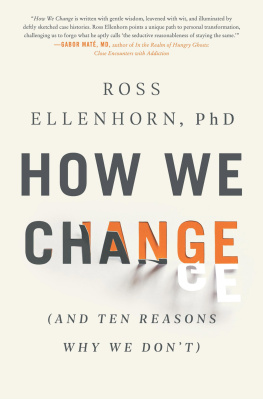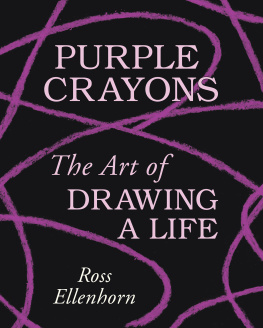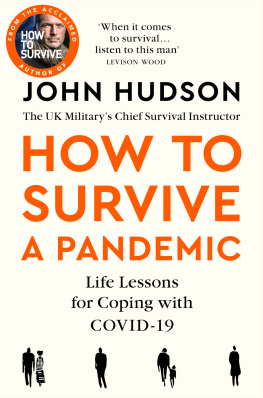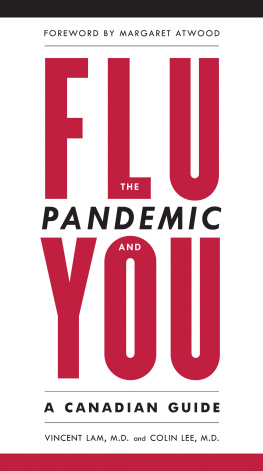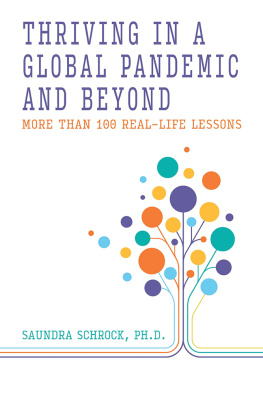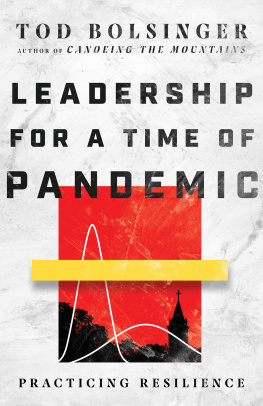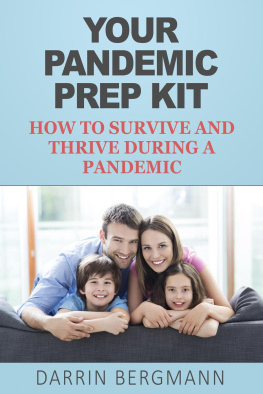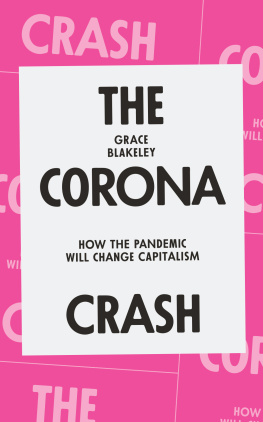TO MAX AND REBECCA
Suppose, for example, that I am climbing in the Alps, and have had the ill-luck to work myself into a position from which the only escape is by a terrible leap. Being without similar experience, I have no evidence of my ability to perform it successfully; but hope and confidence in myself make me sure I shall not miss my aim, and nerve my feet to execute what without those subjective emotions would perhaps have been impossible. But suppose that, on the contrary, the emotions of fear and mistrust preponderate; or suppose that... I feel it would be sinful to act upon an assumption unverified by previous experience, whythen I shall hesitate so long that at last, exhausted and trembling, and launching myself in a moment of despair, I miss my foothold and roll into the abyss.... There are then cases where faith creates its own verification. Believe, and you shall be right, for you shall save yourself; doubt, and you shall again be right, for you shall perish.
WILLIAM JAMES
No hope without fear, nor fear without hope.
BARUCH SPINOZA
Contents
I went to a bookstore and asked the saleswoman, Wheres the self-help section? She said if she told me, it would defeat the purpose.
George Carlin
Youre eager to make the change. You know all the ways it will benefit you. Your life will be smoother, happier, more successful; youll finally reach that perfect crow pose, lose that beer belly, schedule your time better, finally get out of the house and meet your perfect match, take that long-awaited step into a new career. The change will make you proud, raise your self-esteem, align your life with your values, bring you fulfillment and a sense of accomplishment. So you plan. You set up a daily schedule, enlist the help of a trusted ally, set reminders on your cell phone, buy a journal so you can record your successes. This time, youre going to do it.
And then... nothing. No follow-through, no breakthrough. As much as you wish to change, you just dont do it.
If this sounds familiar, then you probably also know the feeling that comes when a well-intentioned friend or relative suggests a few easy things you can do to make that change: Why dont you just (drink less, eat less, work out more, go on Match.com?), which always sounds suspiciously close to Whats wrong with you? Why cant you?
When someone suggests that personal change is easy, only requiring a bit of knowledge or skill, they usually mean well. But theyre also usually missing a very important point. Sadly, a lot of experts miss this point too.
Were often presented with well-intentioned self-help programs, as if a set of prescribed tactics works for all. For most of us, however, change isnt a follow-the-instructions sort of thing. Thats because there are no simple answers to personal change. As weve learned from over a century of psychotherapeutic thought, change isnt as superficial as doing what an expert tells you to do, or learning new skills.
True self-help is just that: helping yourself. Its an act of personal leadership and direction. It certainly requires that you consider advice and contemplate the ideas of others. But being a sheepfollowing the newest advice as if it will magically spur your changeis not engaging in self-help. Instead, truly helping yourself requires that you courageously grasp the shepherds crook in your own fist on your own journey. In fact, of all the behaviors you engage in life, changing is the one that most brings you face-to-face with your sole responsibility to make your life work.
Thats why change isnt easy or simple. As you forge your own path, changing is often strenuous and can leave you vulnerable: The act of even attempting change makes you repeatedlyand uncomfortablyaware that the success and failure of your actions belongs to no one but yourself.
Theres wisdom in that old joke: How many therapists does it take to change a lightbulb? One, but the lightbulb has to want to change. No matter how many experts you follow, how many therapists and counselors you see, or how many friends and relatives support you, you are alone and responsible for the change you make.
Aloneness. Responsibility. These arent words we necessarily embrace with gusto, and they are hardly a match for books and talk-show interviews guaranteeing that success is a matter of easy steps toward a thinner, more blissful, more powerful, youeven if, deep down, you know those guarantees are empty promises. Instead, our responsibility to, and for, ourselves is at the very core of all personal change. That makes change difficult; never easy. As you walk toward change, you also walk toward feelings and experiences most of us try to avoidprofound adult things like the anxiety stirred by realizing you are the master of your own fateand away from feelings and experiences that we typically find attractive, like comfort, a sense of certainty, the shirking of responsibility, the blaming of others, and the painlessness of a numbing routine.
The kind but misguided suggestions of your friends and relatives and the easy, step-by-step how-to instructions of experts typically ignore the fact that there are very real, very powerful forces holding you back from changing. These forces dont represent some weakness or laziness in you, but are central struggles we all deal with all the time.
And heres the clincher: That force within us thats happy to maintain the status quo usually wins the battle more often than does change. Thats why we often dont change, despite our longings to do so and all the evidence that we should.
Consider drug and alcohol abuse. Today, addiction treatment in the United States is a $35-billion industry,
Lets look at exercise. We spend more than $30 billion annually on whipping ourselves into shape,
New Years resolutions? Ninety-three percent of people who make them, break them.
The pull to stay the same doesnt just keep you from achieving those big wellness and behavioral goals, like more exercise, dieting, or breaking a dangerous habit; or deeper personal goals involving your growth as a human being, such as greater fulfillment in your work and love life, or even your pursuit of greater meaning and purpose. That pull is also present in the very minutiae of your life. How many times have you told yourself you need to turn off Hulu and read more, pay more attention to your kids, order less takeout, or put the dishes in the dishwasher and not the sink? And how many times have you stuck to these new changes for a week or two, only to find yourself back to square one? I place my money on more often than not. Staying the same is the norm, not the exception, no matter the size or gravitas of the goal.
Now consider this: Even though sameness is the winner in most of your battles to change, the actual consequences of staying the same are typically riskier than the outcomes of changing. People die of heart attacks for all kinds of reasons, but nobody has ever keeled over because they stopped eating cronuts.
The negative results of sameness arent just personal; theyre global, witnessed most clearly in every inch of rising sea levels. Weve received the definitive diagnosis regarding climate change, and the experts offer realistic strategies to fight it, yet we keep collectively engaging in old and destructive habits.
Despite all the potential risks of staying the same, and regardless of innumerable rewards we can attain by changing, we typically dont alter our behaviors. And Lord knows, its not from lack of trying. In fact, trying to change, feeling guilty that we arent trying hard enough, or feverishly planning the next strategy to try again often consumes us. So why does all our effort seem to end up in failure more than success?

